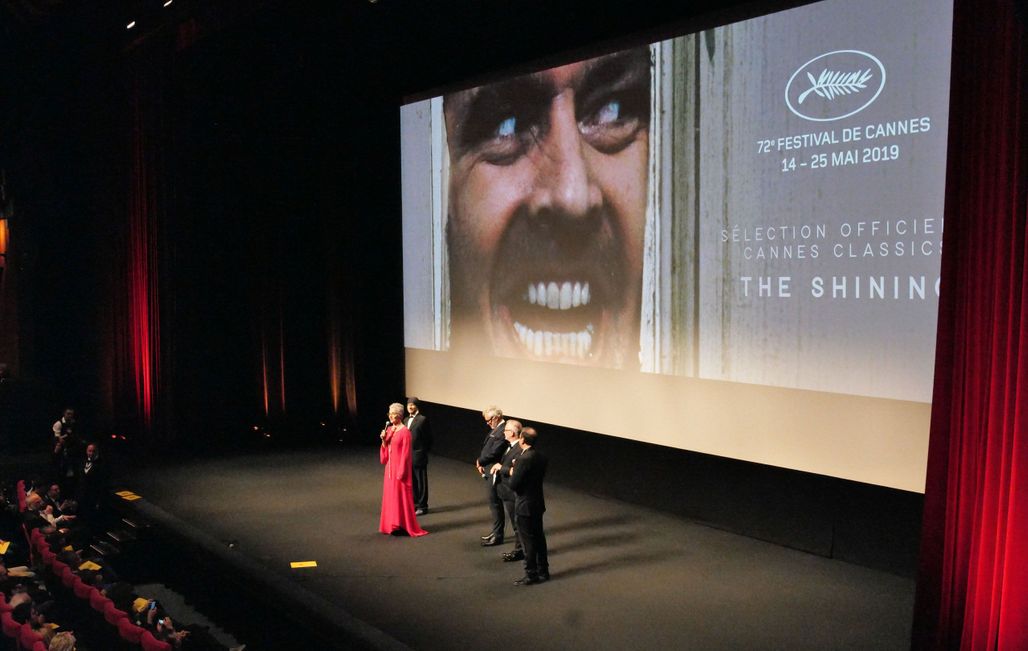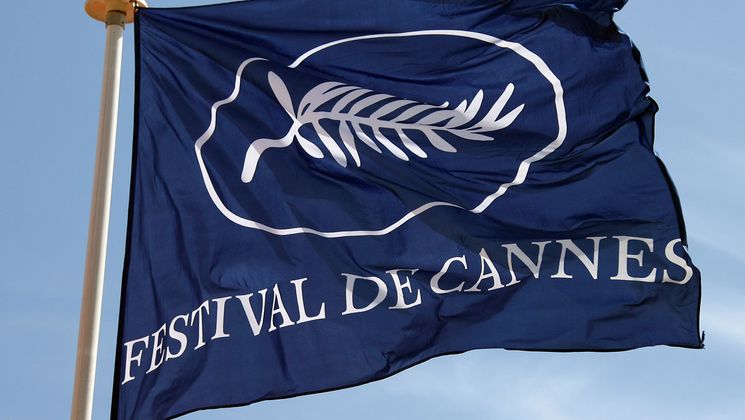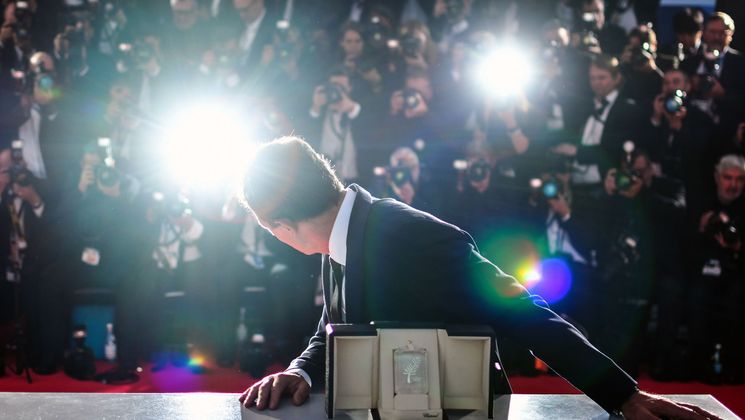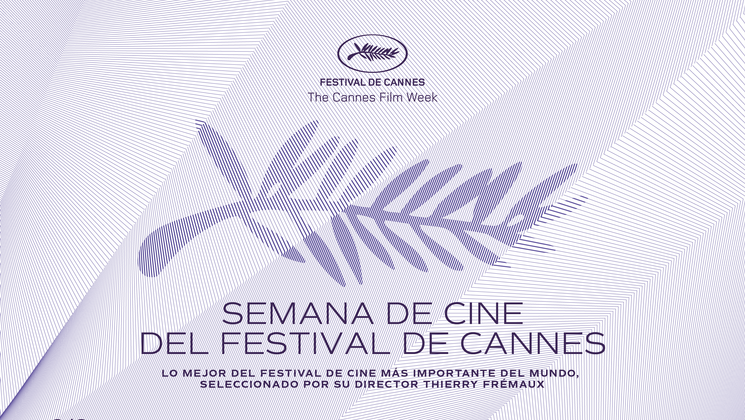
Cannes Classics: bringing film masterpieces back to life

Since 2004, Cannes Classics has celebrated the film heritage through an eclectic selection of film classics from all over the world. With restored copies, documentaries about the history of film, retrospectives and major events, every year Cannes Classics provides a new lease on life to the world heritage of cinema.
After its screening in a restored copy in Cannes, Stanley Kubrick's film The Shining will be released in cinemas on June 10, before being released in Blu-Ray and for downloading in the autumn. "The goal is to ensure that the film will continue to live on after its screening in Cannes," according to Gérald Duchaussoy, assistant to Thierry Frémaux with Cannes Classics.
Like The Shining, other works such as Andrzej Wajda's Kanal (They Loved Life) and Jean Grémillon's Le Ciel est à vous (The Sky is Yours) will have the right to a rerun in various cinemas, which is a way of bringing films back to life.
This year, Cannes Classics stands out once again with its selection of cult films (Rambo – First Blood, Easy Rider, Mr Klein), discoveries as well as retrospectives of Miloš Forman and Luis Buñuel. A selection that is a testimony to the relevance, activity and the market of our cinematographic heritage.
"This heritage belongs to the very foundations of cinema. And because Cannes is the home of cinema, it is normal that these films are fostered just like all the others," Gérald Duchaussoy affirms.
Often presented on stage by film personalities, some of these films give rise to much more extensive screenings, such as is the case with the screening of The Shining by Alfonso Cuarón or La Cité de la peur (Fear City: A Family Style Comedy), which is celebrating its 25th anniversary. These are events that "enable us to draw the attention of a younger audience to the selection as a whole," according to Gérald Duchaussoy.
If the Festival de Cannes has benefitted for the past fifteen years from a section that is entirely dedicated to film classics, the heritage has always occupied an important place in its history. In 1968, the opening film Gone with the Wind was screened in a restored copy. Documentaries on film, such as Hearts of Darkness: A Filmmaker's Apocalypse by George Hickenlooper in 1991, were featured in Un Certain Regard. As for retrospectives, they were presented in screening rooms outside the Palais.
But nothing would be possible without restoration techniques, which are intended to preserve films for the long term before the rolls of film deteriorate but also to make them accessible to a wider audience. For Benjamin Alimi, sales director for Hiventy, cinema is not just contemporary production; we also have to take into account what was produced in the past because "all films inspire other films. A great film is timeless and will always be an echo of the contemporary world. This is why it is important to keep this film heritage alive."
Supported by a thriving market, film restoration is particularly dynamic in France, where it benefits from considerable financial support, largely thanks to the role of the CNC (French national center for cinema).
Although its budget has been significantly reduced over the past year, Benjamin Alimi is not worried about a possible loss of interest in the conservation of this heritage, "as long as there is still a desire to restore films and there are festivals where they can be screened, such as Cannes Classics, which gives these films incredible exposure."


